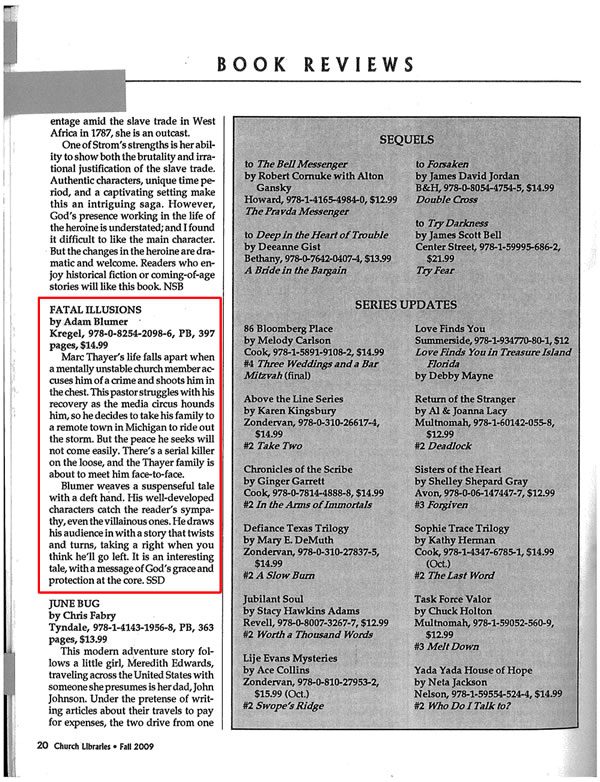About the Author
 Terry has over 30 books in print, including work in a dozen short story collections and four non-fiction books plus numerous articles and short stories.
Terry has over 30 books in print, including work in a dozen short story collections and four non-fiction books plus numerous articles and short stories.His last book Beyond the Smoke is a 2009 winner of the Will Rogers Medallion for best youth fiction and a nominee for the Spur Award from the Western Writers of America. He has a three book Mysterious Ways series out from David C Cook, and Trails of the Dime Novel from Echelon Press.
A graduate of West Texas State he did post graduate work at Southern Methodist University. Terry plans to continue writing inspirational fiction as well as working as an agent for Hartline Literary Agency. Terry is a native Texan Living in Amarillo, Texas with his lovely wife Saundra.
 About the Book
About the BookTerry Burns has written a novel rich in Texan drawl and old western authenticity.
Saint’s Roost opens with a determined couple leaving a wagon train to set off on their own, only to be set upon by savages. Patrick, an eager evangelizing preacher, steps out to share the Good Book with the savages and meets an untimely demise, leaving his wife, Janie, alone on a trail to nowhere with no one to help her survive.
She makes her way across the frontier determined to follow her husband’s calling, but she doesn’t know where to begin, or even how to take care of herself. When her travels bring her into the lives of two cowhands, an ex-prostitute, a young boy and his drunken grandfather, and towns filled with cowboys waiting to be saved, she discovers there’s more than one way to spread God’s word.
If you would like to read the first chapter of Saint's Roost, go HERE
My Review
I was delighted to receive a review copy of this novel. I hadn't read a good ol' Western in quite some time, and this was a wonderful change of pace for me after a summer of suspense reading. Only a few chapters into the story, it was obvious that the tale was more like a tranquil Mitford novel (just a different motif) than the latest pulse-pounder from Dekker, but that was just fine by me. This homespun tale is a nice sit-back-in-my-comfy-chair read rather than a sit-on-the-edge-of-my-seat offering. Instead of car chases and bumps in the night, readers are treated to a whimsical look at life in another era, colorful characters who practically leap off the page, and a rich serving of God's grace that triumphs over the failings each of us struggle with on this path we call life. At the same time, the story, though not strong on plot, picks up momentum toward the end and offers a nice action-packed climax.
Character-driven, leisurely Saint's Roost is all about adjustments and family. I say "adjustments" because Janie Benedict immediately finds herself out West with a naive brother determined to win the Indians to Christ. Though a worthy calling, it turns out to be one short on common sense. Finding herself alone in a strange land, Janie realizes that good intentions are never quite good enough. To make a true difference for the cause of Christ, she must seek to understand the people and culture in her new surroundings.
Immediately Janie begins to adjust to God's plan for her now that her brother is gone. What she discovers at each new step are opportunities to create her own family out of the broken lives of those around her. She meets Sharon, a former prostitute, determined to repent of her ways and start a new life. Preston needs a good home, and his grandfather, Cornelius Johnson, needs to stay away from the bottle. Shine, an Indian woman who tends to her baby, Fawn, needs a helping hand. And of course there's also Frank, Janie's love interest, and his faith-rejecting sidekick, Ruben. Janie quickly learns that her baked pies can do more than fill a hungry stomach; they can minister grace to others and open the door to share the love of Christ in surprising, new ways. What happens next is an impressive story rich in relationships and in how God works His will in spite of the well-meaning but often flawed ways of man.
One quality I loved best about Saint's Roost was the author's boldness in weaving in clear faith messages and the most important one of all: the gospel of Jesus Christ. In a market full of offerings that sadly seem to be trending away from an overt spiritual message, I found Saint's Roost to be refreshing and unapologetic in connecting real life challenges to clear faith values. I always look for that quality in a good Christian novel, and Saint's Roost didn't disappoint. In fact, it reminded me of some of the best Christian fiction of twenty years ago. For that and other reasons, I wholeheartedly recommend this casual, whimsical, and often humorous tale that adroitly weaves realistic story threads into a clear pattern of God's grace. My only nitpick is that the final printing was sorely lacking a good proofread. (Let me know, Terry, if you need help on your next offering. Editing is my day job, and I'd be honored to help.) All flaws aside, Saint's Roost is a worthy, engaging read you don't want to miss.









